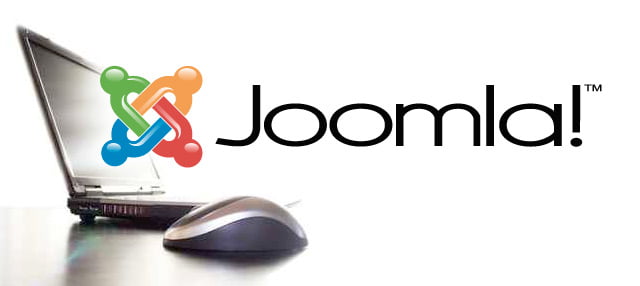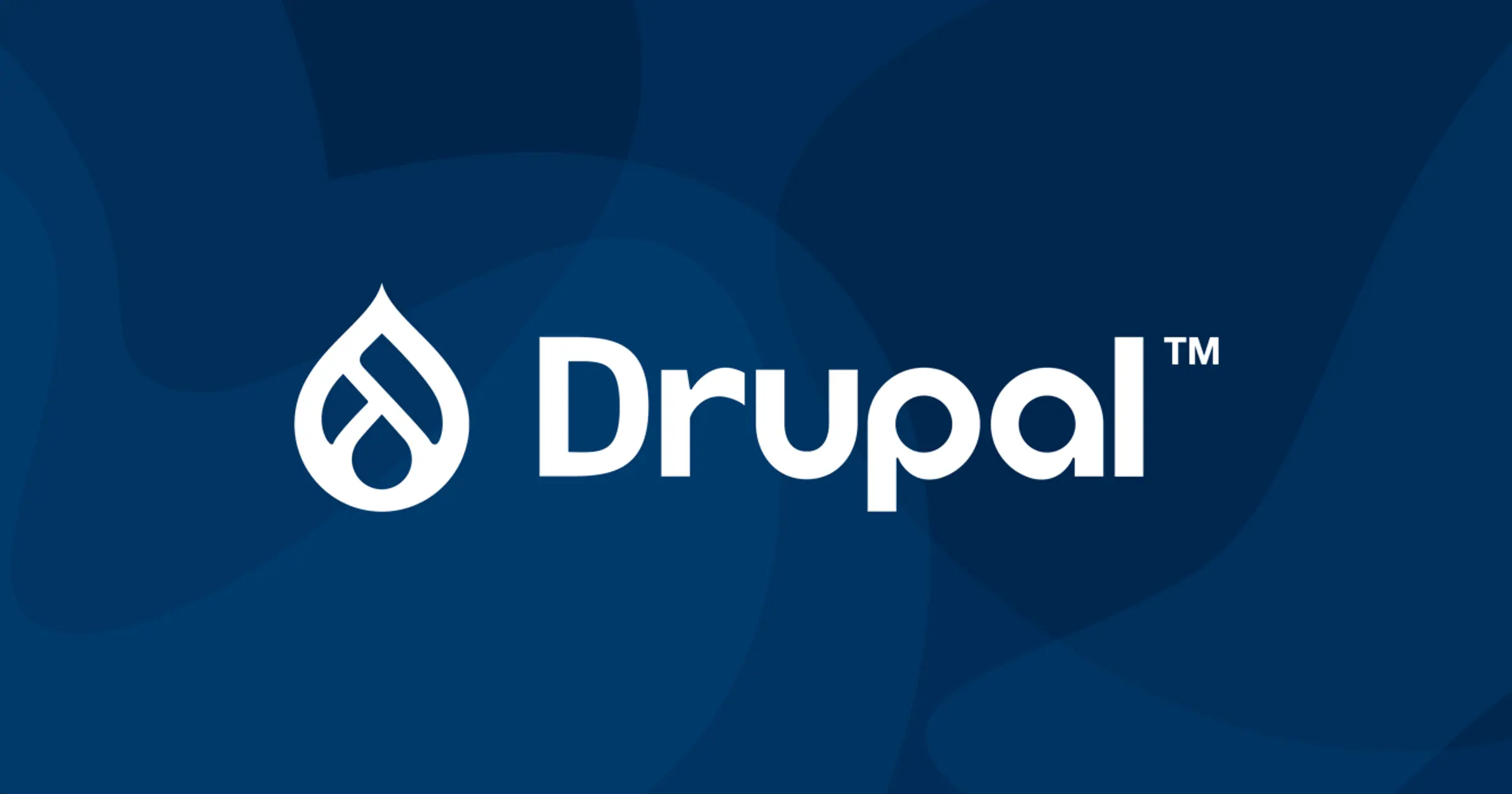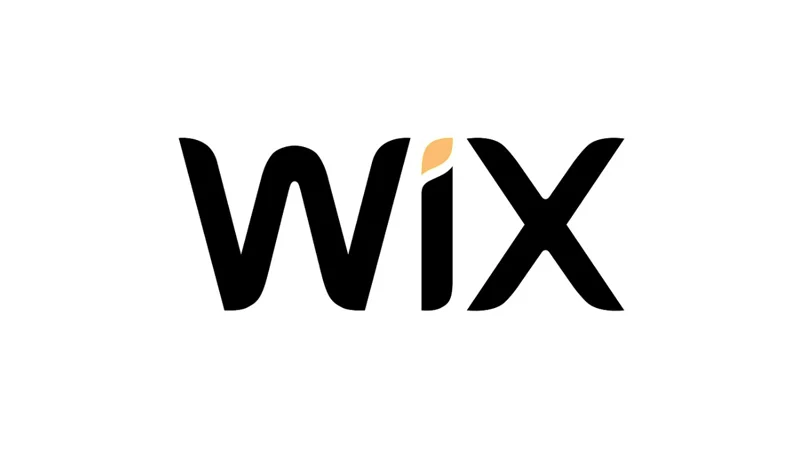
Introduction :
In the digital age, establishing an online presence is crucial for individuals and businesses alike. Whether you’re starting a blog, an e-commerce site, or a company website, choosing the right Content Management System (CMS) is a pivotal decision. With numerous CMS platforms available, it’s easy to feel overwhelmed. Among the frontrunners is WordPress, but how does it compare to other CMS platforms? Let’s dive into a comparative analysis to help you decide which one is right for you.
WordPress: The Undisputed Leader
WordPress powers over 40% of all websites on the internet, a testament to its popularity and robustness. Here are some key reasons why WordPress stands out:
Advantages of WordPress
- User-Friendly : WordPress is renowned for its ease of use. Its intuitive interface allows even non-technical users to create and manage websites effortlessly.
- Extensive Themes and Plugins : With thousands of free and premium themes and plugins, WordPress offers unparalleled customization options. This flexibility allows users to tailor their websites to their specific needs.
- SEO-Friendly : WordPress is built with SEO in mind. It offers numerous plugins, like Yoast SEO, that help optimize your site for search engines.
- Strong Community Support : The vast WordPress community provides extensive documentation, forums, and tutorials, making it easy to find help and resources.
- Scalability : WordPress is highly scalable, suitable for small blogs and large corporate websites alike.
Drawbacks of WordPress
- Security Vulnerabilities : Due to its popularity, WordPress is a frequent target for hackers. Regular updates and security plugins are essential to mitigate risks.
- Customization Complexity : While themes and plugins offer customization, significant modifications often require coding knowledge.
Other CMS Platforms: Exploring Alternatives
Advantages
- Flexible and Versatile : Joomla is known for its flexibility, making it ideal for building complex websites and online applications.
- Built-In Multilingual Support : Joomla offers native multilingual support, eliminating the need for additional plugins.
- Advanced User Management : Joomla's advanced user management system is perfect for websites requiring multiple user permissions.
Drawbacks
- Steeper Learning Curve : Joomla can be more challenging to learn for beginners compared to WordPress.
- Fewer Extensions : While Joomla has a decent range of extensions, it doesn't match the extensive library available for WordPress.
Advantages
- High Customizability : Drupal is highly customizable and scalable, suitable for complex and large-scale projects.
- Strong Security : Drupal is renowned for its robust security features, making it a preferred choice for government and enterprise websites.
- Advanced Content Management : Drupal excels in managing large volumes of content with complex categorization and tagging systems.
Drawbacks
- Complexity : Drupal has a steep learning curve and often requires a developer for setup and maintenance.
- Limited Themes and Plugins : Compared to WordPress, Drupal has a smaller selection of themes and plugins.
Advantages
- Ease of Use : Similar to Squarespace, Wix offers a highly intuitive drag-and-drop builder perfect for beginners.
- All-Inclusive : Hosting, security, and updates are handled by Wix, simplifying the process for users.
Drawbacks
- Limited Flexibility : Once a site is built, switching templates or moving to a different platform can be difficult.
- SEO Limitations : While improving, Wix’s SEO capabilities are not as robust as WordPress.
Which CMS is Right for You ?
Consider Your Needs:
- Ease of Use : If you're a beginner, WordPress, Wix, or Squarespace may be more suitable.
- Customization and Scalability : For complex, large-scale projects, consider Drupal or Joomla.
- Design Focus : If aesthetic design is your priority, Squarespace or Wix might be the best fit.
- Budget : Open-source platforms like WordPress and Joomla can be more cost-effective long-term.
Conclusion
Choosing the right CMS depends on your specific needs, technical expertise, and long-term goals. WordPress remains a top choice for many due to its flexibility, community support, and extensive plugin library. However, other CMS platforms like Joomla, Drupal, Squarespace, and Wix offer unique advantages that might better align with your project requirements. Evaluate your needs carefully, and you’ll find the perfect CMS to build and grow your online presence.
Share Article:
Facebook
Twitter
LinkedIn





